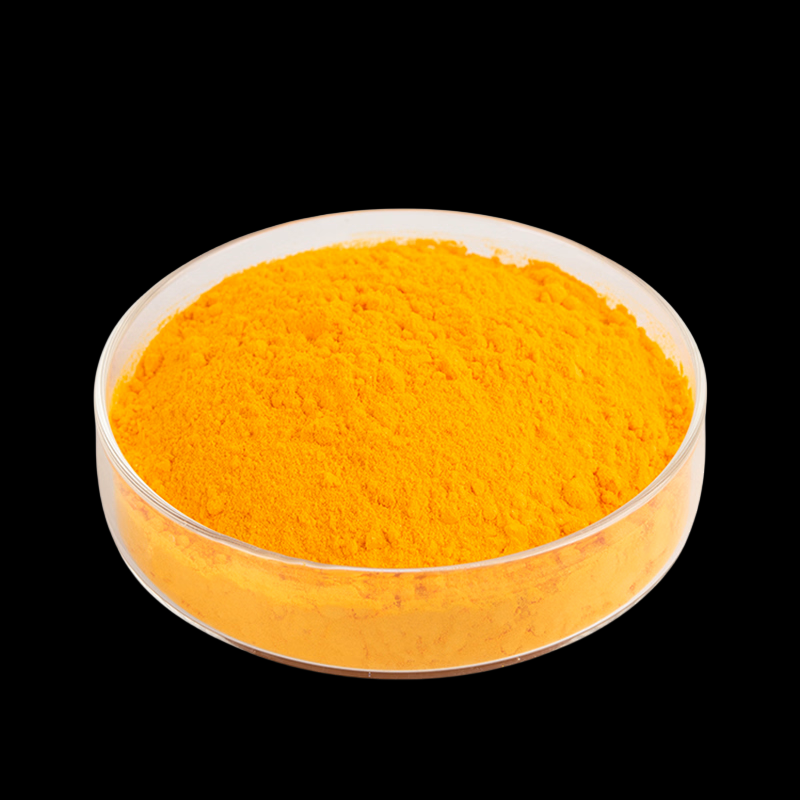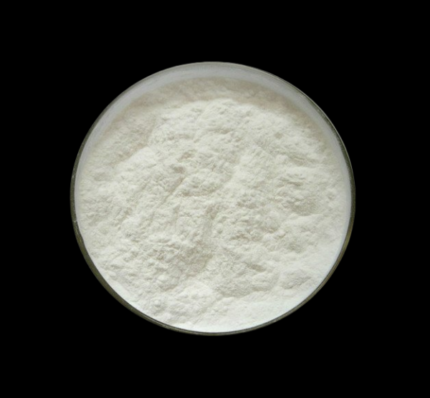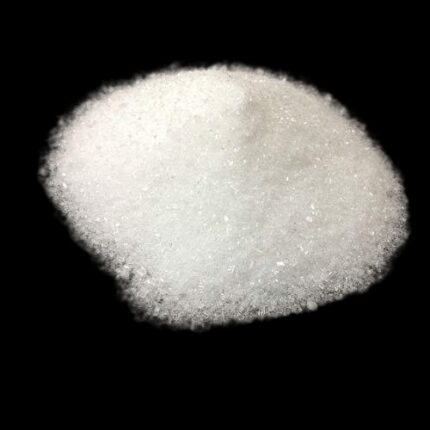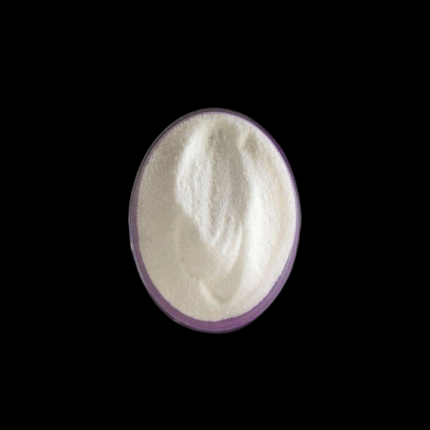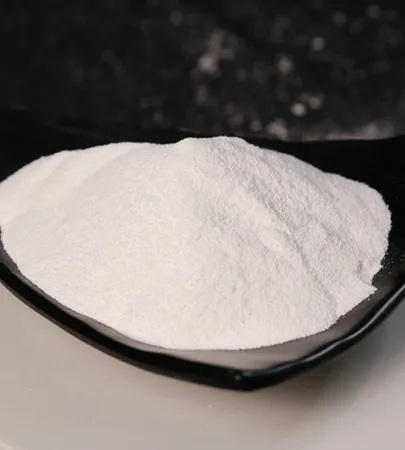Coenzyme Q10
Coenzyme Q10
abbreviated as CoQ10
Molecular Weight: 863.34
CAS Registry Number: 303-98-0
Chemical Formula: C₅₉H₉₀O₄
Appearance: Yellow or orange crystalline powder
Assay: 98.0% ~ 101.0%
Packaging: 1kg/aluminum foil bag, 5 bags/carton; 20kg/fiber drum
Storage: Sensitive to light and heat. Must be stored in light-resistant containers. Keep in a cool, dry place. Avoid high temperatures.
Applications:
• Dietary Supplements: Drops, emulsions, oils, softgels, gummies
• Cosmetics: Creams, lotions, oils
• Standards/Certifications: ISO 9001/22000/14001/45001, USP, FCC, Ph. Eur., Kosher, BRC
Coenzyme Q10 exists in two forms: the oxidized form (Ubiquinone) and the reduced form (Ubiquinol). Reduced CoQ10, also known as Ubiquinol or CoQH, is the predominant form found in the human body, accounting for over 80% of total CoQ10 in human plasma, intestines, and liver.
Coenzyme Q10 is a vitamin-like nutrient with two primary roles in the human body. First, it plays a crucial role in the process of converting nutrients into energy within the mitochondria. Second, it exhibits significant anti-lipid peroxidation effects. CoQ10 is most concentrated in the heart muscle, where it acts as a catalyst for myocardial cell energy. The human heart beats approximately 115,000 times per day, and CoQ10 serves as the “fuel station” for this engine. It enhances mitochondrial energy production and metabolism in heart muscle cells, ensuring a continuous supply of cardiac energy and providing sustained power support for the heart.
Physiological Functions of Coenzyme Q10:
1. Energy Metabolism: CoQ10 participates in the oxidative phosphorylation process within mitochondria, promoting ATP generation, which is essential for cellular energy production.
2. Antioxidant Activity: CoQ10 is a potent antioxidant that neutralizes free radicals in the body, reducing cellular damage from oxidative stress and protecting cells.
3. Cardiovascular Protection: Concentrated in heart and vascular smooth muscle cells, CoQ10 protects cardiac cells from oxidative stress damage, enhances cardiac contractility and myocardial force, and improves cardiac blood supply and hemodynamics.
4. Anti-Aging: Through its antioxidant effects, CoQ10 helps delay the aging process and strengthens the body’s antioxidant capacity.
Application of Coenzyme Q10 in Food:
Coenzyme Q10 can be used as a food additive, widely applied in nutritional supplements and functional foods. Additionally, CoQ10 is utilized in the production of various health products, such as capsules and injectables, to supplement the body’s required levels.

